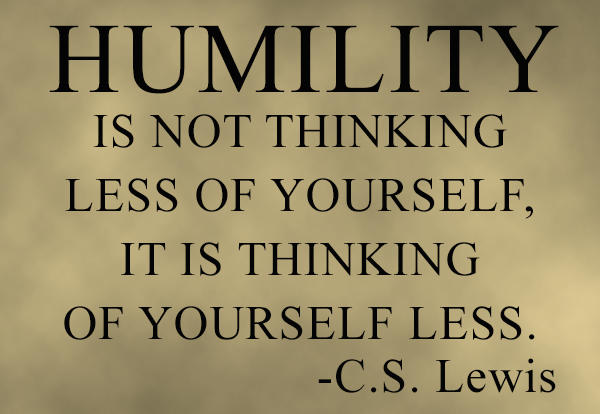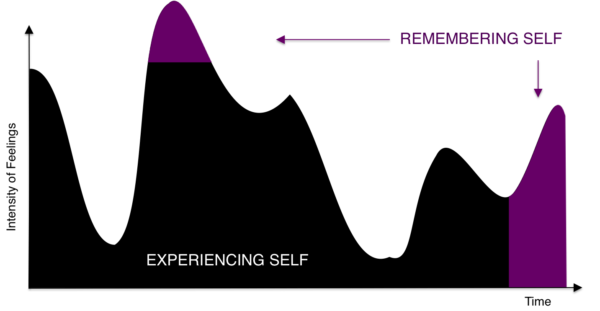I hear it just about every day, “It’s too hard.” The phrase remains the same, yet the context and sentiment varies. One day it’s my son trying to convince himself that his most recent challenge is insurmountable (e.g. “It’s too hard, I’ll never be able to swim 500 yards.”), the next it’s coworkers using it as a way of saying that a given process is unnecessarily difficult (e.g. “It’s too hard to affect change around here.”), and still the next it’s someone else using it sarcastically to allude that another is lazy (e.g. “Clearly, it’s too hard, so let’s just lower the standard.”). I would be lying if I didn’t freely admit that over time I have been guilty of all three. I use the word “guilty” because I believe the use of the phrase, though far from criminal and sometimes accurate, is irresponsible. When I hear this phrase, I really hear someone saying “I don’t want to put forth the effort”, “I don’t have confidence in myself”, “I don’t think that anyone else will truly listen to my ideas”, or “I don’t see any value in what you are asking me to do.” I am certain most of us have hidden behind the words “It’s just too hard” when we really mean something else. The sooner we understand how negatively the phrase reflects on us, the better we will be and the less likely we are to use it.
Believe it or not, nothing is too hard. No goal is unachievable and no process is in place without a purpose. I won’t go as far as to refute the fact that there are some extremely lazy people in this world, yet neither will I use it as a reason to defend the sarcastically delivered version of the aforementioned phrase. Let’s go back two sentences…”No goal is unachievable and no process is in place without a purpose.” Do you believe that? Neither do I. Now place the word “meaningful” before goal and process and say it out loud. Does that sound reasonable? To me, adding meaning makes all of the difference and creates a statement that is 100% true. As I reminded my son last night at dinner, I’ve personally witnessed him do countless things that he once thought were “too hard.” Things as simple as walking, talking, reading, and beating video games didn’t always seem so simple; and there will soon be a day when he laughs at how easy it is for him to swim 500 yards. Those goals were meaningful to him.
Complainers write off the act of affecting change as “too hard.” Though most certainly not easy, the rest of us see inspiring change as an opportunity to make a positive difference, while personally growing in the process. The hurdle that separates one group from the other is once again meaning. How meaningful is the change we are attempting to affect? If we don’t believe others will be the least bit receptive to our efforts or we don’t see any true meaning in the change we believe we want to affect, we will hold ourselves back. Think about the things you have personally achieved and the things you have witnessed others accomplish. How many of those did you once perceive as being “too hard”? We’d still believe they were “too hard” and would have quit trying long ago if it wasn’t that we saw meaning in putting forth the effort that ensured we saw them through. Those who write off the inaction of or the criticism from others as their way of saying “It’s too hard” ought to think again. It’s not that it’s too hard, but that you have not communicated the meaning in what you are asking them to do (and yes communication is the leader’s primary responsibility). People don’t necessarily want easy, we want meaning and we want to understand the purpose. As many will attest, we want to understand WHY. You may be falling short in the communication department because you don’t make communication a priority or because you are not completely convinced that there is meaning in the task you are directing. Rather than imply that others are too lazy, why not help them see the same meaning you do? Why not have the courage to question your convictions? Why not make them part of your “us”?
Nothing is too hard. Some things are unnecessarily difficult. And yes, often the most meaningful things we do in life are challenging. The value is not in the degree of difficulty, but in the meaning that inspires the effort.
- Are you focusing more on the investment than you are the return on investment?
- Do you dismiss the lack of ownership demonstrated by others as your shortcoming or theirs?
- Are you considering your future self before your present self decides to stop trying?



